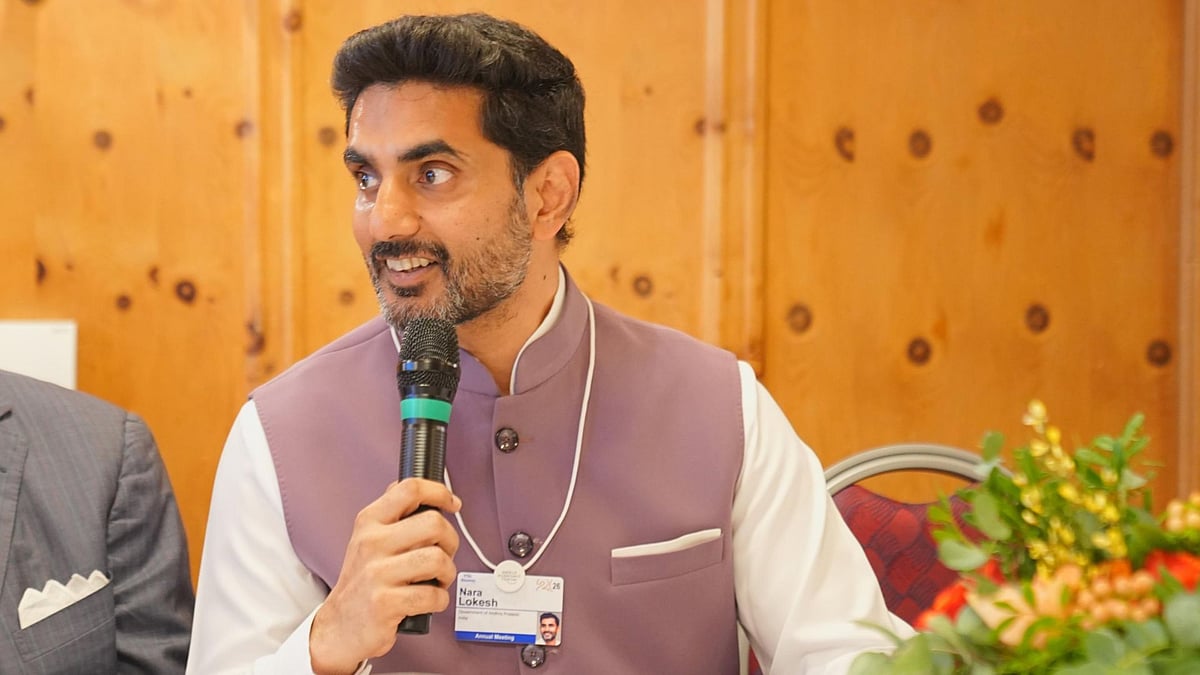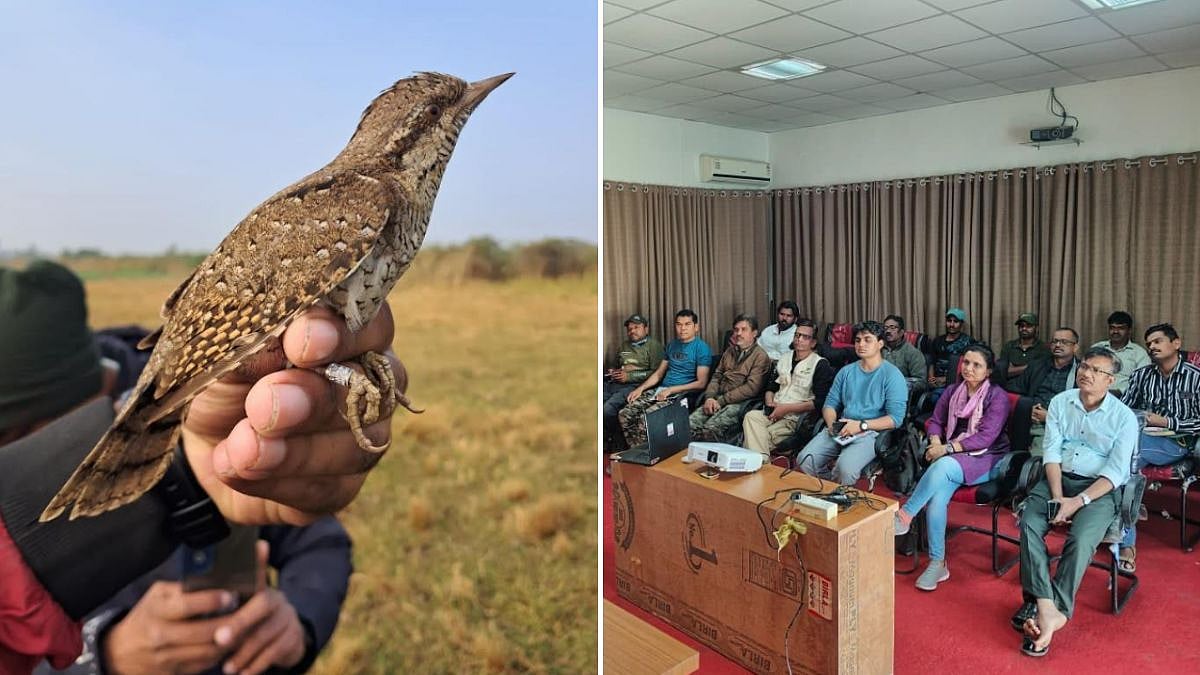After bird flu was reported in Maharashtra's Thane, the avian influenza has now been detected at a poultry farm in Vasai-Virar region of neighboring Palghar.
Earlier, it was reported that bird flu had spread in Shahpur taluka of Thane district.
According to the official, more than 15,000 chickens have been killed. The poultry business is at loss due to bird flu. The infected include village hens also.
The district animal husbandry department has appealed to the citizens not to be panic in this situation and keep the birds in a bio-secure environment as well have asked the poultry traders to be careful.
The bird flu, or avian influenza, is a viral infection that primarily affects birds but can also infect humans. The most common form of bird flu is H5N1, which can be easily contracted by humans and other animals if they come in contact with a carrier of the virus.
Causes of Bird Flu
Bird flu can spread through wild aquatic birds and can infect domestic poultry and other bird and animal species. Bird flu can spread through domestic poultry and can be transmitted to humans if they come in contact with infected bird faeces, secretions from the nose, mouth or eyes. Consumption of undercooked poultry and eggs can also cause the disease.
Human-to-human transmission
It is very rare to have human to human transmission of the same. But then people working closely with poultry must take precautionary measures and maintain proper personal hygiene. There is no evidence of sustained human-to-human transmission so far.
Common symptoms
Some of the common symptoms of Bird flu in humans include cough, fever, headache, diarrhoea, respiratory difficulties, runny nose, sore throat, muscle aches, and malaise.
Bird Flu Prevention
The best way to avoid contracting the Bird flu virus is to prevent contact with the infected carrier. One should also avoid consuming uncooked or partially cooked eggs and chicken. According to the World Health organisation (WHO), cooking of poultry (e.g. chicken, ducks and geese) at or above 70 degree Celsius, so that absolutely no meat remains raw and red, is a safe measure to kill the virus in areas with outbreaks in poultry.
The virus can enter your body if you touch your eyes, nose or mouth after touching the infected bird. So practicing proper hygiene and washing hands frequently also helps reduce the risk.
Richa Sareen, consultant (pulmonology) at Fortis Vasant Kunj in New Delhi, told IANS: "People who handle poultry should take special precautions. They should wear PPE, gloves and masks while handling birds and should practice frequent hand washing."
Bird flu treatment
The treatment of the disease depends on the type of bird flu. In most cases, patients are prescribed to take antiviral medication that helps reduce the severity of the condition.
(Inputs from Agencies)









